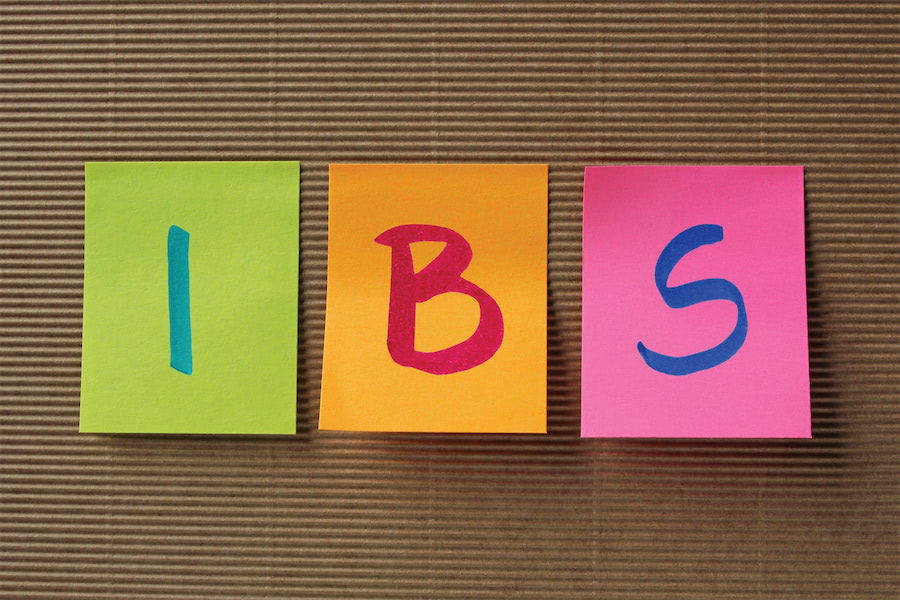
Navigating Irritable Bowel Syndrome (IBS): Managing Diarrhea and Constipation
Irritable Bowel Syndrome (IBS) is a complex digestive disorder characterized by a group of symptoms, including abdominal pain and changes in bowel habits such as diarrhea and constipation. Managing these symptoms requires a nuanced understanding of each individual's triggers and a personalized approach to diet, lifestyle, and stress management. This document aims to provide insight and strategies to help individuals navigate the unpredictable waters of IBS, finding relief and improved quality of life through informed choices and self-care techniques.
Irritable Bowel Syndrome (IBS) is a common gastrointestinal disorder characterized by a group of symptoms, including abdominal pain, bloating, and changes in bowel habits - predominantly diarrhea (IBS-D), constipation (IBS-C), or a mix of both. Managing these symptoms effectively is crucial for maintaining quality of life and overall health.
Dealing with IBS-Related Diarrhea
For those with IBS-D, frequent and urgent bowel movements are common. This can be distressing and disruptive to daily life. The primary focus is on regulating the digestive system and reducing the frequency of bowel movements. Dietary adjustments are often the first line of defense. Foods known to exacerbate diarrhea, like high-fat foods, dairy products for lactose-intolerant individuals, caffeine, and artificial sweeteners, are usually limited or avoided. Incorporating soluble fiber, found in foods like oats and apples, can help firm up stools. Staying hydrated is also essential, as diarrhea can lead to dehydration.
Strategies for Alleviating IBS-Related Constipation
For individuals coping with IBS-related constipation (IBS-C), the approach leans towards softening the stool and promoting regular bowel movements without causing additional irritation. A diet high in soluble fiber, such as is found in barley, nuts, and legumes, encourages bowel regularity. Hydration is key; drinking plenty of water throughout the day helps soften stool. Physical activity can also stimulate intestinal contractions and provide symptomatic relief. Over-the-counter laxatives may be utilized, but under medical advice, to prevent dependency or worsening symptoms. Integrating a routine that includes stress-reduction techniques, like yoga or meditation, may also alleviate the constipation symptoms of IBS by decreasing the stress-related exacerbations of the condition.
Managing IBS-Related Constipation
IBS-C, on the other hand, involves infrequent or hard-to-pass stools. Dietary changes, particularly increasing the intake of dietary fiber, can be beneficial. Fiber-rich foods such as whole grains, fruits, and vegetables can help to soften stools and promote regular bowel movements. Adequate hydration is key in easing constipation, as water helps to soften the stool. Regular physical activity is another important factor, as it stimulates bowel movements.
Lifestyle Management for IBS
Regardless of the type of IBS, certain lifestyle changes can be helpful. Stress is a known trigger for IBS flare-ups, so stress-reduction techniques such as mindfulness, yoga, or meditation may be beneficial. Regular exercise not only helps manage stress but also stimulates normal contractions of the bowels. Additionally, establishing regular eating habits can help regulate bowel function. This includes eating smaller, more frequent meals and avoiding large meals, which can cause cramping and discomfort.
Medical Treatments for IBS
In cases where lifestyle and dietary changes are not enough, medical treatment may be necessary. For IBS-D, medications that slow intestinal movement, such as loperamide, can be effective. For IBS-C, over-the-counter laxatives are sometimes used, but long-term use should be monitored by a healthcare provider. In some cases, prescription medications that either relax the colon to reduce pain or speed up or slow down bowel movements can be prescribed.
Consulting Healthcare Providers
If you have IBS and struggle with managing diarrhea, constipation, or both, consulting with a healthcare provider is important. They can provide guidance on dietary changes, lifestyle adjustments, and appropriate medical treatments. Healthcare providers can also rule out other conditions that might mimic IBS, ensuring that the treatment plan is appropriate for your specific symptoms.
Conclusion
IBS, particularly when it involves alternating diarrhea and constipation, requires a multifaceted management approach that includes dietary changes, lifestyle modifications, stress management, and possibly medication. Understanding your body and how it responds to different foods and activities can help in managing the symptoms. Regular consultation with healthcare providers ensures a tailored approach to treatment and ongoing management.
